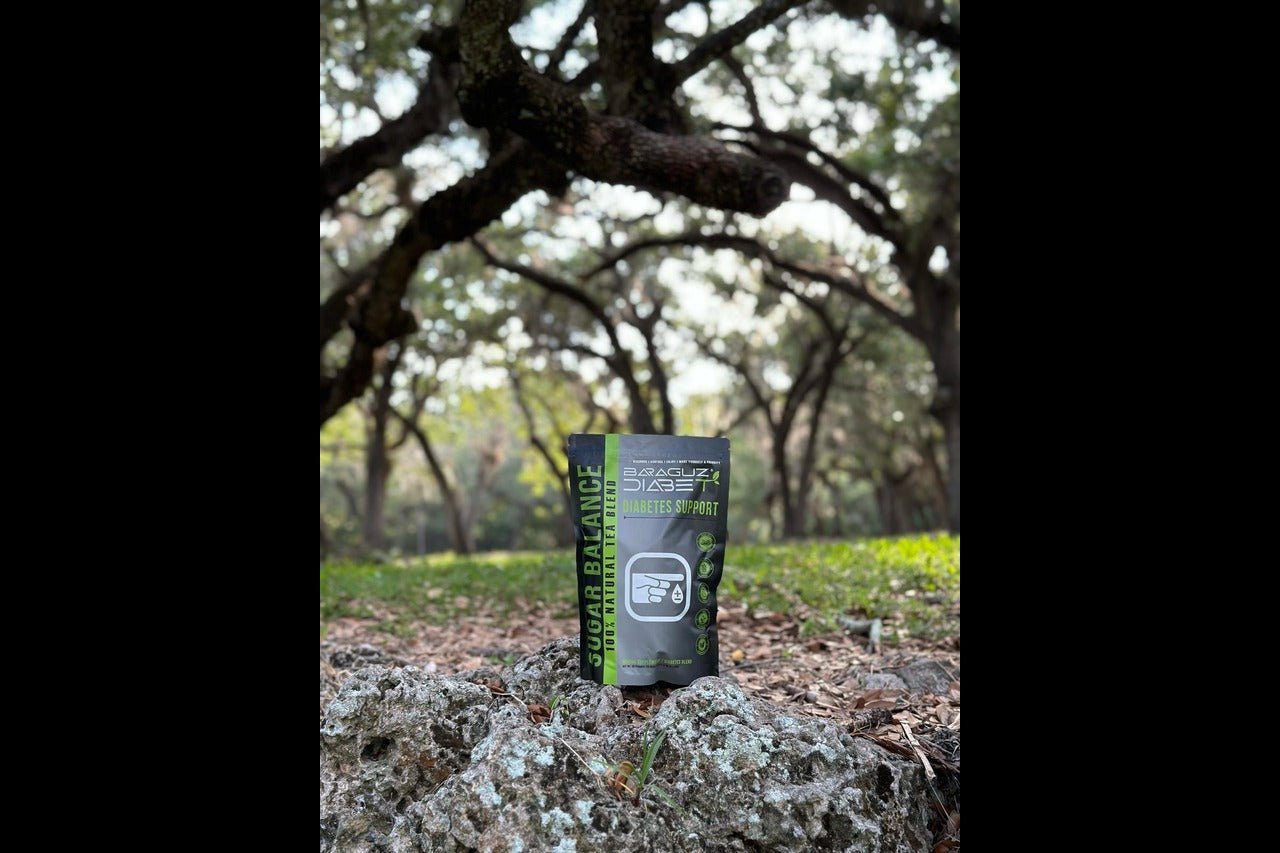No Products in the Cart

As diabetes rates rise worldwide, people are turning to natural remedies. Researchers have identified several herbs with impressive potential in managing diabetes. This article presents evidence supporting the effectiveness of: * Rooibos Tea * Hibiscus Flowers * Sea Buckthorn Leaf * Prunella Vulgaris * Solomon's Seal * Chamomile Flowers * Cinnamon Bark * Ginger * Turmeric * Cassia Seed * Mulberry Leaf * Jasmine Flowers * Organic Green Tea * Organic Oolong Tea Together, these herbs provide a promising toolkit for individuals seeking to control diabetes effectively.
Rooibos tea, derived from the Aspalathus linearis plant, is known for its high levels of antioxidants. Its unique flavonoid, aspalathin, has been linked to improved insulin sensitivity and reduced oxidative stress. These therapeutic properties make Rooibos tea a valuable option for people managing diabetes, as it offers a holistic approach to health and well-being.
Hibiscus Flowers, abundant in anthocyanins and polyphenols, have demonstrated anti-diabetic properties. Research indicates their potential in enhancing insulin sensitivity and reducing blood glucose levels. The diverse phytochemicals in Hibiscus Flowers position them as a valuable component in a comprehensive approach to diabetes care.
Sea Buckthorn Leaf, rich in flavonoids and triterpenes, exhibits anti-diabetic effects in preclinical studies. Its potential to improve insulin sensitivity and reduce inflammation underscores its role as a beneficial herb in diabetes management.
Prunella Vulgaris, recognized for its triterpenic acids, has shown promise in improving insulin sensitivity and reducing blood glucose levels. The multifaceted benefits of Prunella Vulgaris highlight its potential as an effective herbal intervention for individuals with diabetes.
Solomon’s Seal, containing polysaccharides and flavonoids, has demonstrated anti-diabetic properties. Its potential in influencing insulin signaling pathways showcases its role as a valuable herb for those seeking natural ways to manage diabetes.
Chamomile Flowers, known for their calming properties, possess flavonoids and terpenoids that may contribute to improved glycemic control and insulin sensitivity. The versatility of Chamomile Flowers makes them an attractive option for individuals incorporating herbal strategies into their diabetes management.
Cinnamon Bark, long celebrated for its aromatic flavor, has garnered attention for its potential to enhance insulin sensitivity and lower blood glucose levels. The numerous studies supporting the anti-diabetic effects of cinnamon position it as a key herb for diabetes management.
Ginger, with its anti-inflammatory and antioxidant properties, offers potential benefits for individuals with diabetes. Studies indicate that ginger may influence insulin sensitivity and reduce oxidative stress, making it a valuable herbal ally in diabetes management.
Turmeric, containing the active compound curcumin, is renowned for its anti-inflammatory effects. Research suggests that curcumin may improve insulin sensitivity, reduce inflammation, and modulate glucose metabolism, highlighting its potential as a key herb in diabetes care.
Cassia Seed, derived from Cassia obtusifolia, contains compounds like emodin and anthraquinones with potential anti-diabetic effects. Preliminary studies suggest that Cassia Seed extracts may influence glucose metabolism and insulin sensitivity, positioning it as a valuable herbal option for diabetes management.
Mulberry Leaf, with its flavonoids, has shown promise in improving glycemic control and insulin sensitivity. The holistic benefits of Mulberry Leaf make it an intriguing herbal choice for individuals seeking effective strategies to manage diabetes.
Jasmine Flowers, prized for their aromatic essence, contribute to overall metabolic health through their antioxidant properties. While research on Jasmine Flowers and diabetes is limited, their potential benefits make them a welcome addition to the herbal toolkit for diabetes management.
Organic Green Tea, rich in catechins and antioxidants, has consistently demonstrated benefits for individuals with diabetes. Studies support its potential to improve insulin sensitivity and reduce blood glucose levels, establishing it as a cornerstone in herbal diabetes management.
Organic Oolong Tea, with its polyphenolic content, may contribute to improved metabolism and reduced oxidative stress. While ongoing research explores its specific benefits for diabetes management, its overall health-promoting properties make it a promising herbal option.
In conclusion, various herbal remedies, including Rooibos Tea, Hibiscus Flowers, Sea Buckthorn Leaf, and others, have shown promising benefits in managing diabetes. These herbs work in different ways, including enhancing insulin sensitivity and providing antioxidant protection. By incorporating these herbs into personalized diabetes management strategies, individuals can explore natural and supportive approaches to improve their health and well-being.